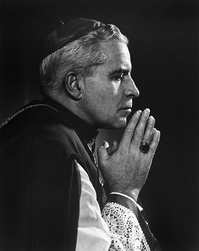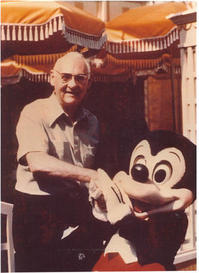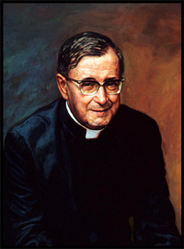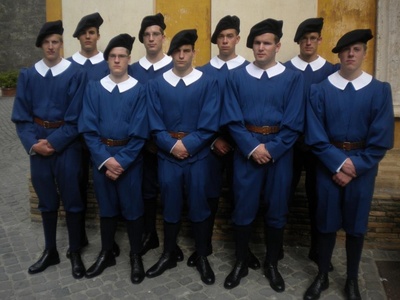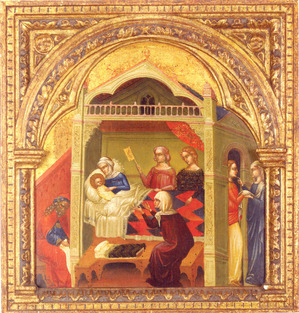The public has been bombarded with the media’s assessment of nuns, church, the sexual abuse crisis, fidelity to the Lord, and the like. In some ways the media looks at the life of the Church and picks out the obvious problems of coherence. No doubt we have matters of concern that we have to work to correct; the adage: “the Church always needs renewal” is very true today. We rely on the Holy Spirit and the good work of Pope Benedict. The other day I found this review of a document written by members of the International Theological Commission (ITC), a group of theologians organized by the Pope to advise him on certain questions of theological questions of importance. Even the Pope needs advice! The ITC group is made up of a diversity of peoples from around the world. The ones I know personally are fine men and women, credible witnesses of the Lord. The review of Theology Today that follows is written by Father Paul McPartlan in which he synthesizes the document giving us the broad view of the work of Catholic theologian. What he highlights sits in contradistinction to what we’ve heard about the recent work of Sr Margaret Farley and other theologians who see themselves in a different light. I prefer to put my money the ITC and not on “envelop pushing, agenda driven” theologians. You?
Following its examination, in Chapter One, of the fundamental nature of theology, as the rational exploration of that faith which is a response to the proclamation of the Word of God, and prior to its extended reflection, in Chapter Three, on significant aspects of the rationality of theology, the new International Theological Commission (ITC) text, Theology Today: Perspectives, Principles and Criteria, carefully considers the ecclesial context of theology in Chapter Two. “The ecclesiality of theology is a constitutive aspect of the theological task, because theology is based on faith, and faith itself is both personal and ecclesial”, it says, emphasising that “it is through the Church that theologians receive the object of their enquiry” (n.20). Theological enquiry is therefore properly conducted within the living and life-giving milieu of the leiturgia, martyria and diakonia of the Church (cf. n.7). In short, as the chapter’s title indicates, it is necessary for theologians to abide in the communion of the Church.
Continue reading What is a theologian? What purpose does the work of a theologian have? To be “In the Communion of the Church”
